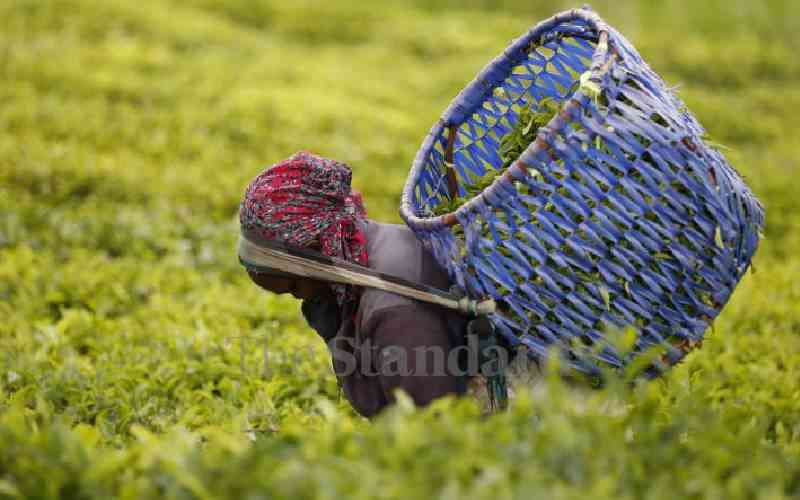×
The Standard e-Paper
Stay Informed, Even Offline

Although much progress has been made in empowering women and girls over the last four decades, majority still face significant barriers to property ownership and access to technology and credit.
Women, for instance, account for most of farm labour yet they do not hold titles to the land they toil on. This can be attributed to the predominant culture in which the role of men as leaders and property owners was amplified while women were supposed to live under the shadows of their husbands and male relatives.